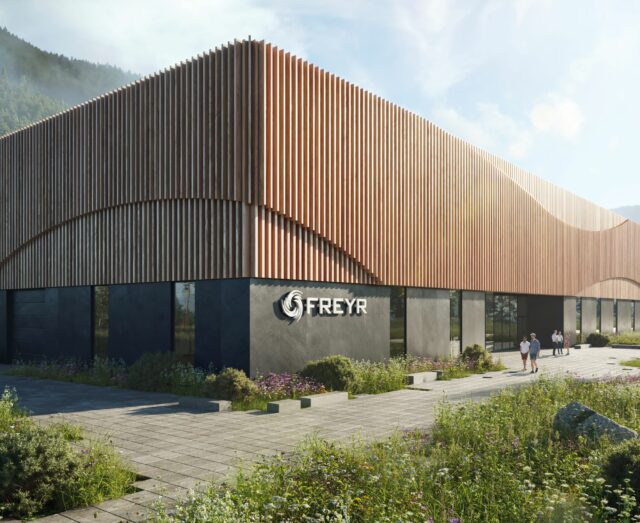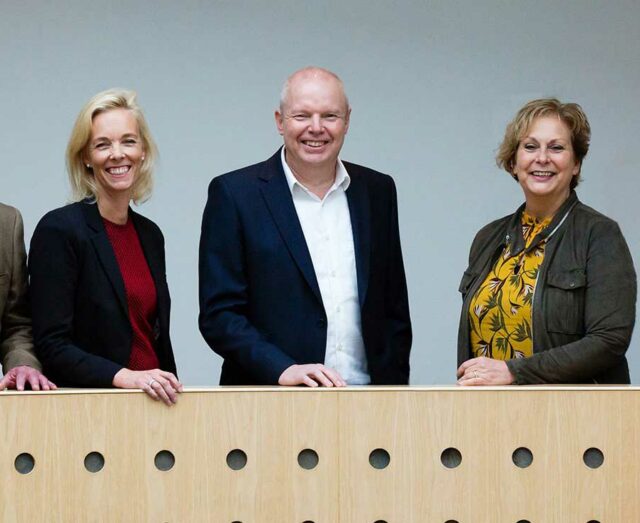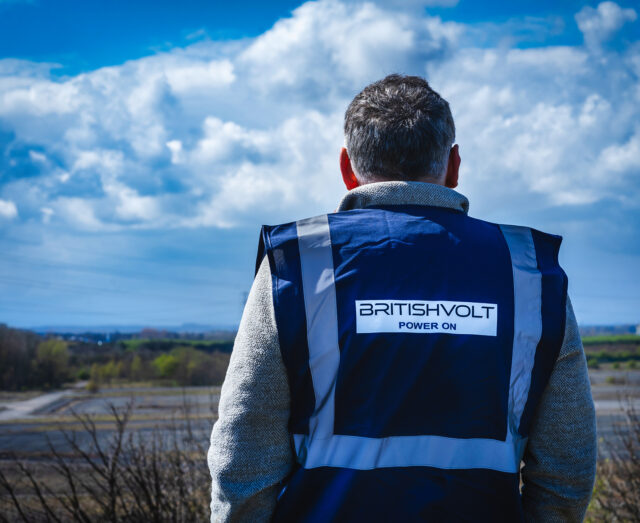As we welcome the Cobalt Institute to the Fair Cobalt Alliance, we speak to Susannah McLaren Head of Responsible Sourcing & Sustainability, who shares her views on what’s driving demand for cobalt, what opportunities this presents the supply chain and ultimately, what drove the decision to join the FCA.
What factors informed the Cobalt Institute’s decision to join the FCA?
Decarbonising transportation through electrification is absolutely necessary to reach net zero by 2050. The supply of electric vehicle (EV) batteries cannot happen without cobalt, a critical component in lithium-ion batteries. Sourcing of cobalt brings a range of benefits to those involved, including economic opportunities, skills and improved livelihoods. At the same time, we cannot lose sight of potential adverse impacts to people – be they workers, community members, or other stakeholder groups – associated with minerals like cobalt.
Over 70% of global cobalt production comes from the Democratic Republic of the Congo, which has the third largest population of poor globally. An estimated 100,000 to 200,000 people work in the cobalt artisanal and small-scale mining (ASM) sector – often associated with hazardous working conditions, unfair trading practices and, in certain instances, child labour – and many more depend on this income for their livelihoods.
This reality underscores the need for the creation of the Fair Cobalt Alliance (FCA) as a multi-stakeholder action platform that supports endeavours that strengthen and professionalise the artisanal and small-scale mining (ASM) cobalt sector, works towards child labour-free communities, and contributes to local economic development in the DRC.
Our decision to become a partner of the FCA reflects the Cobalt Institute’s vision to promote the sustainable and responsible production and use of cobalt thereby contributing towards a just transition. Mindful of our leverage as a global industry association representing an estimated 75% of the global cobalt market – including producers, users, recyclers, and traders – we hope to offer our skills, knowledge and resources to tackle these challenging issues and support a just and green energy transition.
Global attention is focused on cobalt supply and extraction as a result of the EV boom. What are the challenges and opportunities here for actors in the cobalt supply chain; and for the DRC?
As cobalt is an essential part of high-performing batteries, which gives electric vehicles the range and durability that consumers need for a comfortable transition to greener mobility, it has drawn more focus from decision-makers and media across the globe.
Cobalt mining, and ASM in particular, are in the spotlight. A common misconception is that the industry’s challenges relating to ASM can be solved simply by shutting down this source, or diverting supply chains away from the issue. But disengagement from, or a ban of, ASM cobalt fails to constructively address the issues leading to child labour and hazardous working conditions. It denies any responsibility of supply chain actors to contribute to jointly developing a viable solution instead. It is also contrary to the philosophy of the OECD Guidance which was developed to promote responsible investment in challenging areas.
Legitimate cobalt mined by responsible ASM operations can play an important and sustainable role in the DRC’s economy, as well as in supporting a just and green energy transition. The formalisation of ASM practices is an essential step to address the issues of worker safety, extreme poverty, child labour, as well as an opportunity to contribute to the development of local communities.
This is why we believe the opportunity being created by the FCA is so important – both to the cobalt supply chain and to the DRC. It is helping to put ASM cobalt on a legitimate and transparent footing, as well as seeking to address the root causes of poverty in the DRC.
Beyond providing the underlying materials for electric vehicles, what other drivers are there for cobalt demand?
The transition to net-zero carbon will be enabled by a transition to climate-friendly technologies, powered by metals like cobalt.
As we use more renewable electricity, we will find ourselves using cobalt-containing batteries to store electricity when renewables are producing more than is required, then releasing it when demand outstrips supply. Cobalt will also be used in high strength magnets, like those found in wind turbines.
In the future, cobalt may also be used as a catalyst for producing green hydrogen and for converting plastic waste streams into valuable commodity chemicals, thus improving circular economy pathways.
On the electric mobility side, cobalt-containing batteries in EVs can be reclaimed for future use. In fact, it is the presence of cobalt in the battery that makes recycling economically viable.
Cobalt has a key role to play in the longevity of many products due to its hard wearing, wear resistant and corrosion resistant properties that it confers to applications. Increasing the life in service of applications is important for sustainability in terms of lowering the consumption of raw materials, and together with recovery and recycling steps, this can help to reduce the amount of waste generated at the end-of-life phase.
What regulation would you like to see implemented to support the responsible sourcing of cobalt globally?
The Cobalt Institute recognises the shared responsibility industries and governments have to work together on responsible sourcing. In Europe, for instance, we are advocating for the EU to take more far reaching and ambitious steps to support the responsible sourcing of cobalt, for example expanding existing proposals for batteries to cover all cobalt uses in Europe. We are also advocating for better alignment of due diligence requirements in the EU Batteries Legislation and the horizontal environment and human rights due diligence legislation (currently known as the Sustainable Corporate Governance initiative).
More broadly, we make ourselves readily available to support policymaking by decision-makers across the world, and play a leading role in conversations about the responsible sourcing of cobalt. We do this based on our evidence and expertise.




